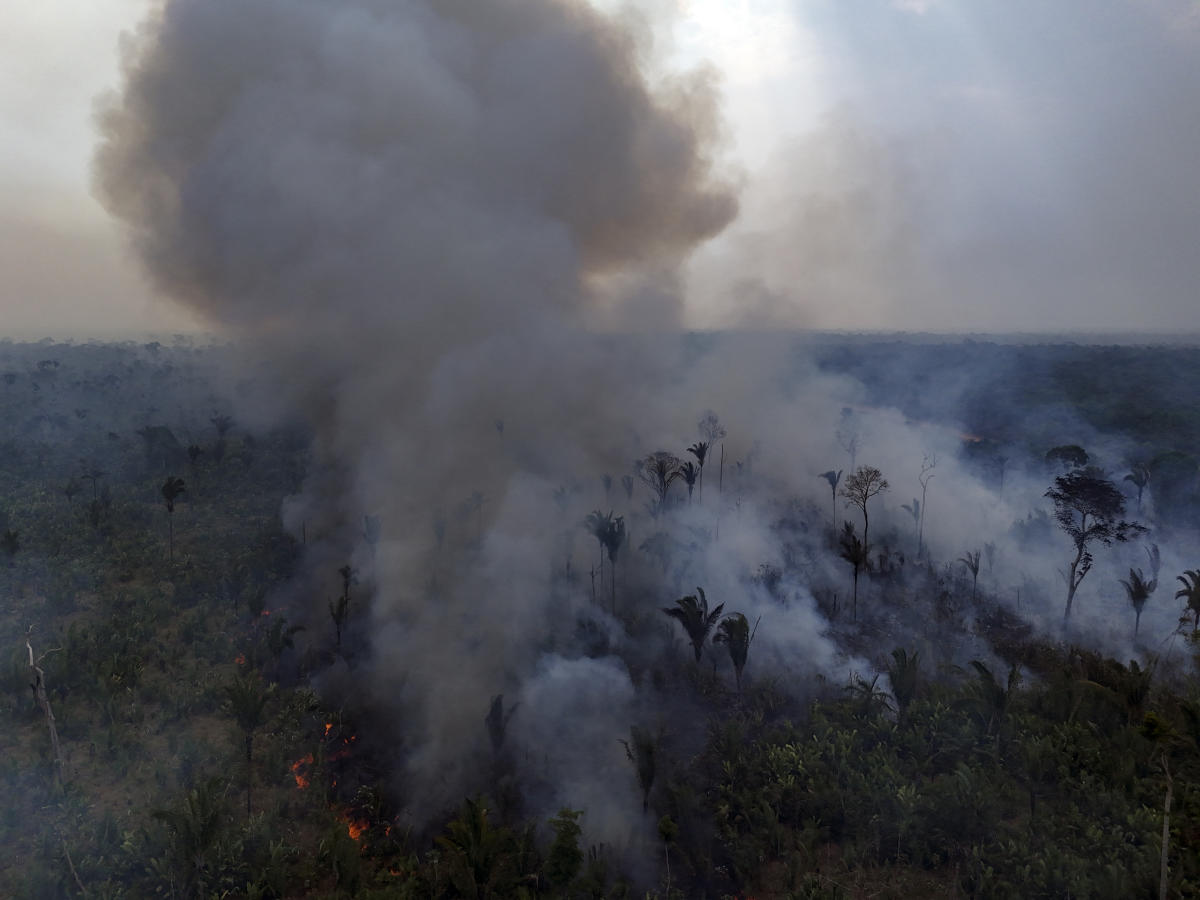2023 was . This past year is on track to beating it and it caused more problems this past year than just spiking thermometers.
(WWA) released its annual “Extreme Weather” report showing how the record-breaking 34.34 Fahrenheit increase in man-made warming from the past year caused “unrelenting heatwaves, drought, wildfire, storms and floods.” The WWA estimates that climate change was responsible for at least 3,700 deaths and 26 weather events in 2024 that led to “the displacement of millions.”
The report recorded a total of 219 events from 2024 that met its “trigger criteria” for identifying impactful weather events. Many of the events were influenced by the natural climate pattern known as El Niño (which has only under the effects of climate change) but the WWA studies “found that climate change played a bigger role than El Niño in fueling these events, including the historic drought in the Amazon.”
Climate change added on an average 41 additional dangerous heat days and fueled record-breaking rain and flooding across the globe. A study of 16 floods found all but one of them were caused by warming atmospheres that retained more moisture leading to heavier rainfall. These climate conditions can also fuel bigger and deadlier hurricanes and typhoons such as the Helene, the Category 4 Hurricane that hit America in September. North Carolina’s estimates that Helene caused $53.8 billion in damage in its state alone.
Two of the world’s most important ecosystems were also “hit hard by climate change in 2024,” according to the WWA report. The Amazon rainforest and the Pantanal Wetland, the largest tropical wetland in the world, experienced severe droughts and wildfires that created “huge biodiversity loss” in the past year.
Both areas are critical for maintaining the strength of the Earth’s ecosystems, climate and economies. removes carbon dioxide from the atmosphere through photosynthesis and releases water into the atmosphere that helps control the climate and circulate ocean currents. houses tens of thousands of species of wildlife and provides much needed flood control for the region and creates global economic activity for cattle ranching and soy production, according to the World Wildlife Fund (WWF).
The WWA’s report set some critical resolutions for 2025 to combat the rising influence of climate change. The report calls for a “faster shift” away from fossil fuel usage, improvements in early warning systems for extreme weather events, a greater focus on reporting of heat related deaths and financing for developing countries and regions hit hardest by the effects of climate change.



